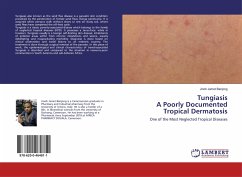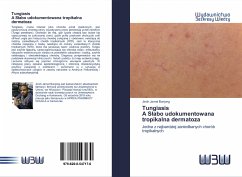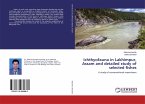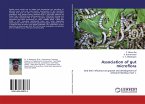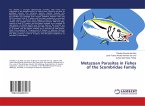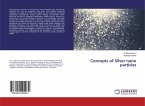Tungiasis also known as the sand flea disease is a parasitic skin condition provoked by the penetration of female sand fleas (Tunga penetrans). It is acquired when persons walk without shoes or rest on dusty soil, where sand fleas have completed the off-host cycle.Tungiasis is a classic poverty-associated disease which belongs to the family of neglected tropical diseases (NTD). It possesses a Janus-face: while in travelers. Tungiasis usually is a benign self-limiting skin disease; inhabitants of endemic areas suffer from chronic infestations and severe, usually debilitating and incapacitating morbidity. Diagnosis is done based on clinical observation and travel history to an endemic country. The treatment is done through surgical removal of the parasite. In this piece of work, the epidemiological and clinical characteristics of travel-associated Tungiasis is described and compared to the situation in resource-poor communities in South America and sub-Saharan Africa.

